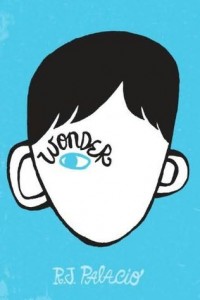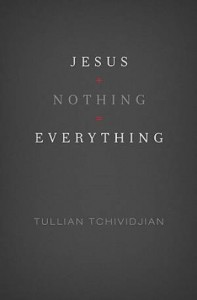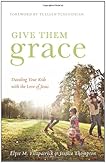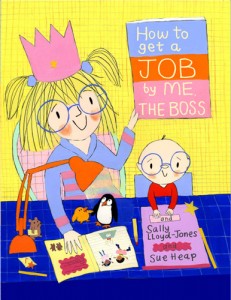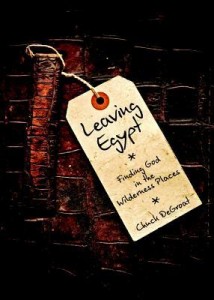 One of the most disorienting things in life is suffering. Even when we know all the right things about how the world is fallen and broken in every way, pain jars us, and makes us question who God is and our relationship to him, in part because “we are not often told that once we’ve been delivered into freedom, the hardest times may still be ahead” (pg 75.) As we journey through life and its inevitable suffering, we need to be reminded of the truth, and Leaving Egypt is an able and welcome guide.
One of the most disorienting things in life is suffering. Even when we know all the right things about how the world is fallen and broken in every way, pain jars us, and makes us question who God is and our relationship to him, in part because “we are not often told that once we’ve been delivered into freedom, the hardest times may still be ahead” (pg 75.) As we journey through life and its inevitable suffering, we need to be reminded of the truth, and Leaving Egypt is an able and welcome guide.
By using the Exodus narrative as a structure, author Chuck DeGroat guides us through four parts of the Christian life. (1) Egypt: Facing Our Fear, (2) Sinai: Receiving Our New Identity, (3) Wilderness: Entering the Furnace of Transformation and (4) Home: Experiencing New Identity and Mission. Though each part is essential, well-written and helpful, I felt most drawn to the third section. As the subtitle declares, we often find God in wilderness places, and it is good to be reminded of how God is at work in the midst of suffering and how he uses our suffering teach us.
Though DeGroat shows the hopefulness and promise in suffering, he is also very honest about its difficulty. There are no formulas for quick fixes, but a deep and real acknowledgement of the pain and darkness we all grapple with and a helpful framework for lament.
Though theological and thoughtful, this is a very practical and applicable read. DeGroat draws from many years of experience as a counselor, pastor and professor to help readers understand how this Exodus narrative intersects with their own lives and struggles. There are also questions at the end of each chapter for personal reflection or group discussion.
The Exodus story “invites us to look back at where we’ve been and remember God’s relentless love for us despite our many failures” (pg 154.) Even though we may feel like we prefer the safety and familiarity of our own Egypts and enslavement, God longs for us to move forward. As we journey through our own difficulties and pain, Leaving Egypt reminds us of the truth of who we are, as believers united to Christ. I know I will read it again (a rarity among Christian books for me) and appreciate its simple, clear wisdom. I have already recommended it several times, and would commend it to anyone in the church. (9.5/10)
I received a free copy of this book for review purposes. The opinion expressed is my own.

